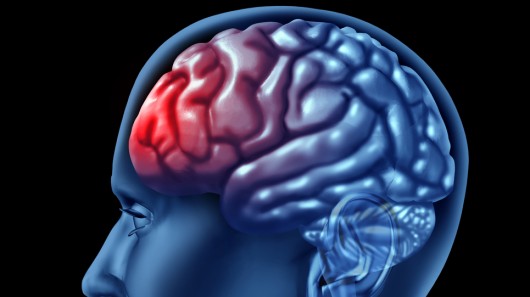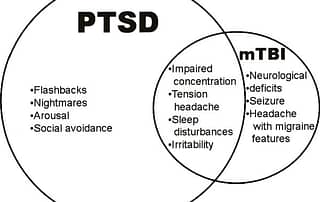Even One Concussion Can Lead to Brain Damage: New Research Reveals
There Are No “Mild“ Brain Injuries Further evidence of brain changes after concussion and that the term “mild” should never be used in connection with brain injury were found in a study published in the March 2013 issue of the Journal Radiology. In the study, NYU medical school researchers measured changes in global and regional brain volume over a one year period in 30 patients with “mild” traumatic brain injuries and typical post-injury symptoms including anxiety, depression [Read More]







